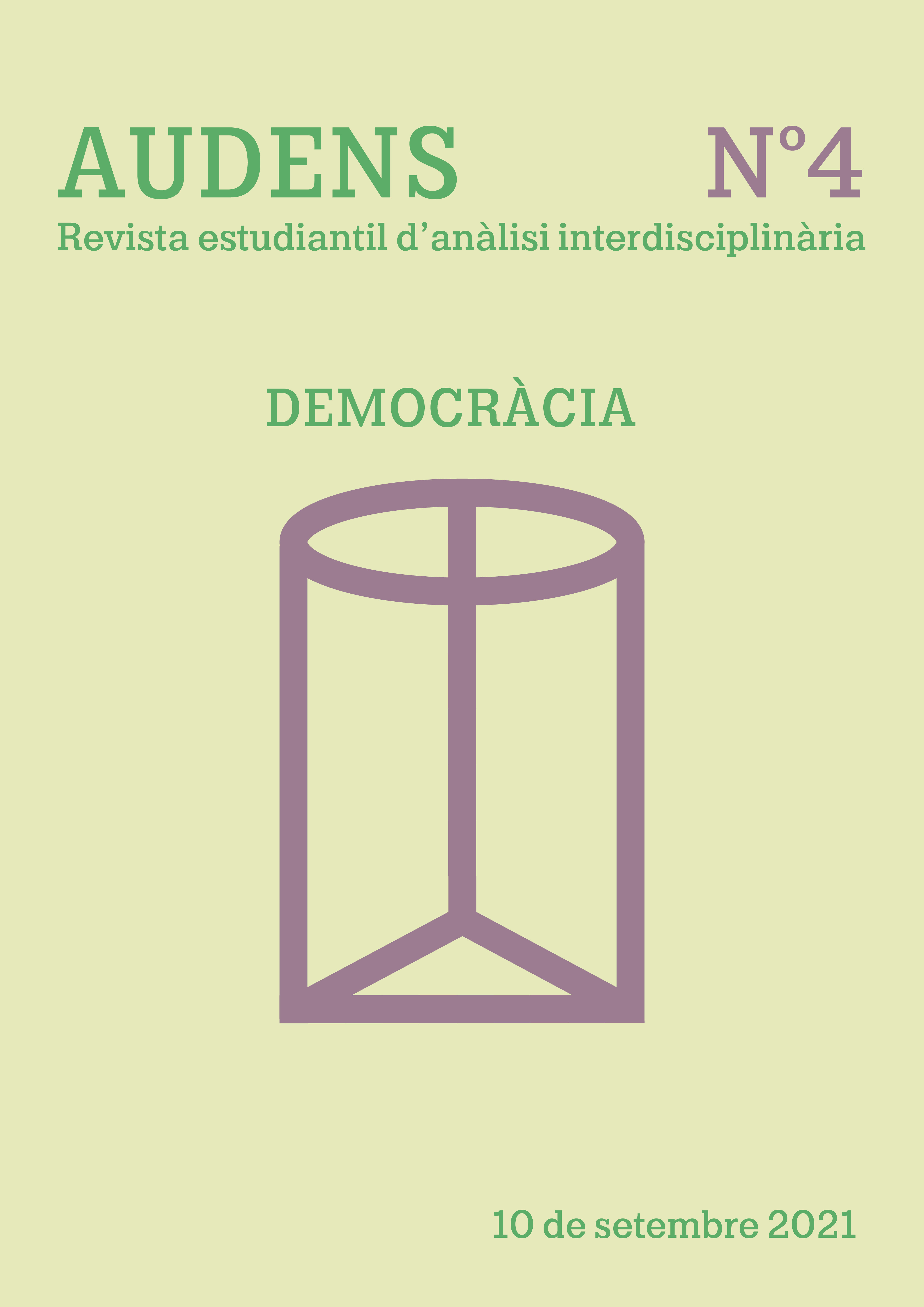Material freedom, citizenship and democracy: the case for Universal Basic Income in post-political societies
Abstract
Abstract. Under neoliberalism, the political relevance of citizens has been eroded according to a managerial conception of the state and society. As Jacques Rancière mentions, this is a condition of the current “post-political” time. In this context, UBI has appeared as a means to regain the political signification of individual attending to their material necessities and looking forward to avoiding an increasing level of precarity. However, UBI poses some processual and intrinsic problematizations affecting its emancipatory character resulting in exclusionary social, economic and political attitudes. Thus, this article will analyze the role of UBI in recovering the categories of citizen and democracy and the main problems its implementation would face. This research wants to show that, paradoxically, UBI can provide a substantial improvement for those social groups in risk of exclusion such as immigrants, women or precarious workers.
Keywords: Universal Basic Income, post-politics, neoliberalism, political rationality, democracy.
Downloads
Published
Issue
Section
License
L'autor/a que publica en aquesta revista està d'acord amb els termes següents:- L'autor/a conserva els drets d’autoria i atorga a la revista el dret de primera publicació de l’obra.
- Els textos es difondran amb la llicència de Reconeixement de Creative Commons, la qual permet compartir l’obra amb tercers, sempre que en reconeguin l’autoria, la publicació inicial en aquesta revista i les condicions de la llicència.


